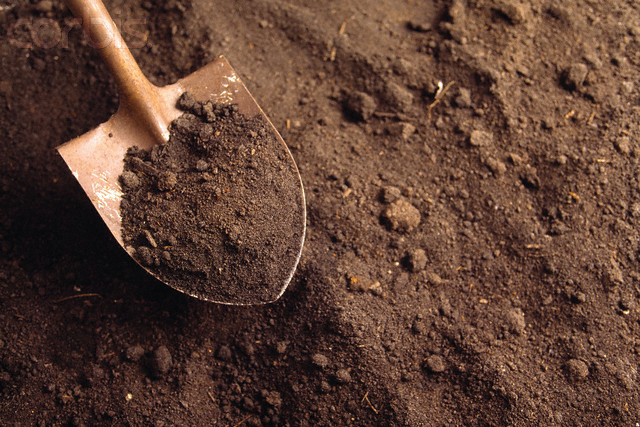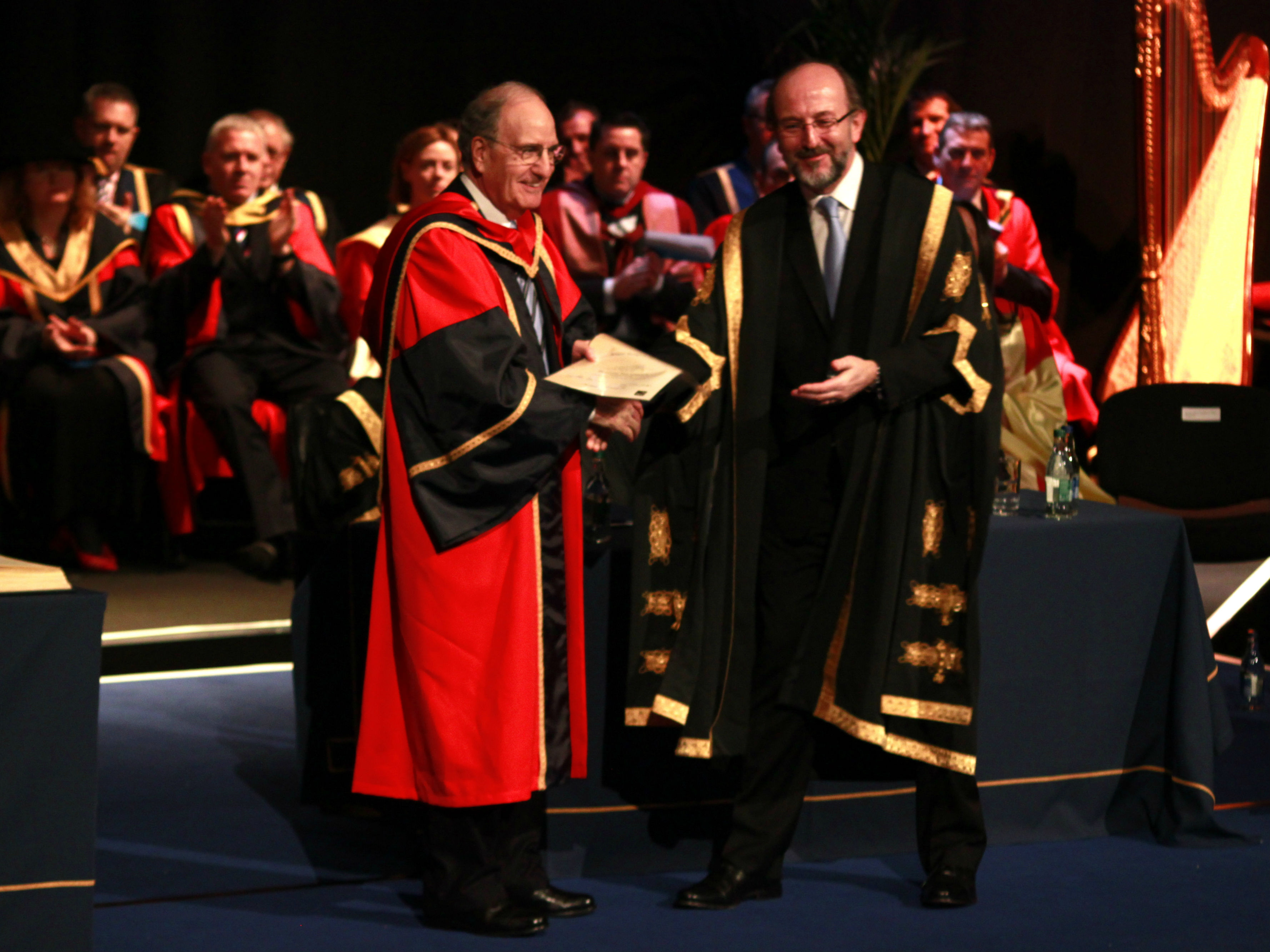
[dropcap]Increased[/dropcap] industrialisation and production is linked to higher levels of pollution, and still society continues its industrial and urban growth, producing more greenhouse gases and hazardous waste year after year.
Environmental regulations are becoming more demanding, and now planning permission and zoning laws will not permit development or use of land where the land is above contamination limits.
These improved regulations combined with contaminated land often being centred near valuable urban areas, make contaminated land management and remediation an important emerging industry.
When toxic substances enter soil, they can enter the food supply and drinking water via groundwater pathways, causing symptoms ranging from mild headaches and fatigue to seizures and cancer.
Bioremediation is a green science approach whereby bacteria are used to clean up and destroy hazardous chemicals. Incredibly, different strains of bacteria have evolved to destroy and reduce many toxic and man-made pollutants, including the plastic used for soda bottles and even uranium.
A lot of current environmental sciences focuses on discovering, stimulating, and monitoring these bacteria. That’s where REMEDIATE comes in.
REMEDIATE is a Marie Curie Actions EU funded training network of 13 PhD students across Ireland, UK, Denmark, Germany and Italy. Each student is researching innovative methods for detection, removal, and management of pollution.
REMEDIATE focuses on how to improve contaminated land management to remediate pollution in soil from a diversity of perspectives including engineering, biology, and chemical approaches.
Based in the Organic Geochemistry Research Lab (OGRe) in DCU, some students are developing underground sensors powered by electricity-generating bacteria to monitor pollution and nutrient concentrations.
These remarkable bacteria use natural nutrients from soil or wastewater to generate electricity in systems called Microbial Fuel Cells (MFC). Foster’s, the beer company, aided one of the largest pilot studies of MFCs to reduce their nutrient rich brewery water, generating almost a kilowatt of electricity, just enough for a dozen lightbulbs.
These fuel cell sensors will never produce enough power to boil a cup of tea but they can stay alive for years without replacing the batteries.
Coren Pulleyblank, a member of REMEDIATE and OGRe, is feeding bacteria present in polluted soils nutrients to stimulate degradation of key carcinogenic pollutants on site, removing the necessity of transporting soil for treatment, and improving options for remote areas.
There are a lot of other important projects happening through REMEDIATE and the OGRe lab.
At DCU, Aisling Cunningham is mapping pollution of carcinogens in Dublin Bay, and Anthony Grey is studying how bacteria capture carbon dioxide in soil.
At Queens University Belfast (QUB) Ricardo Costeira uses DNA sequencing to investigate biological solutions to widespread pollution events, and Tatiana Cocerva examines what happens when metals enter the digestive system.
In the University of Copenhagen, Yi Zhao and Stacie Tardif, are making DNA chips, like microchips, and other tools to rapidly detect genes associated with pollution. With their research, farmers could quickly detect and control pollution in their fields. Researchers in England, Germany, and Italy are also contributing these projects.



